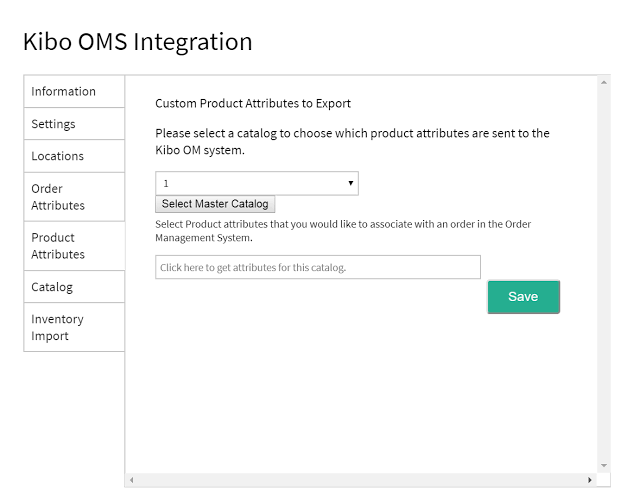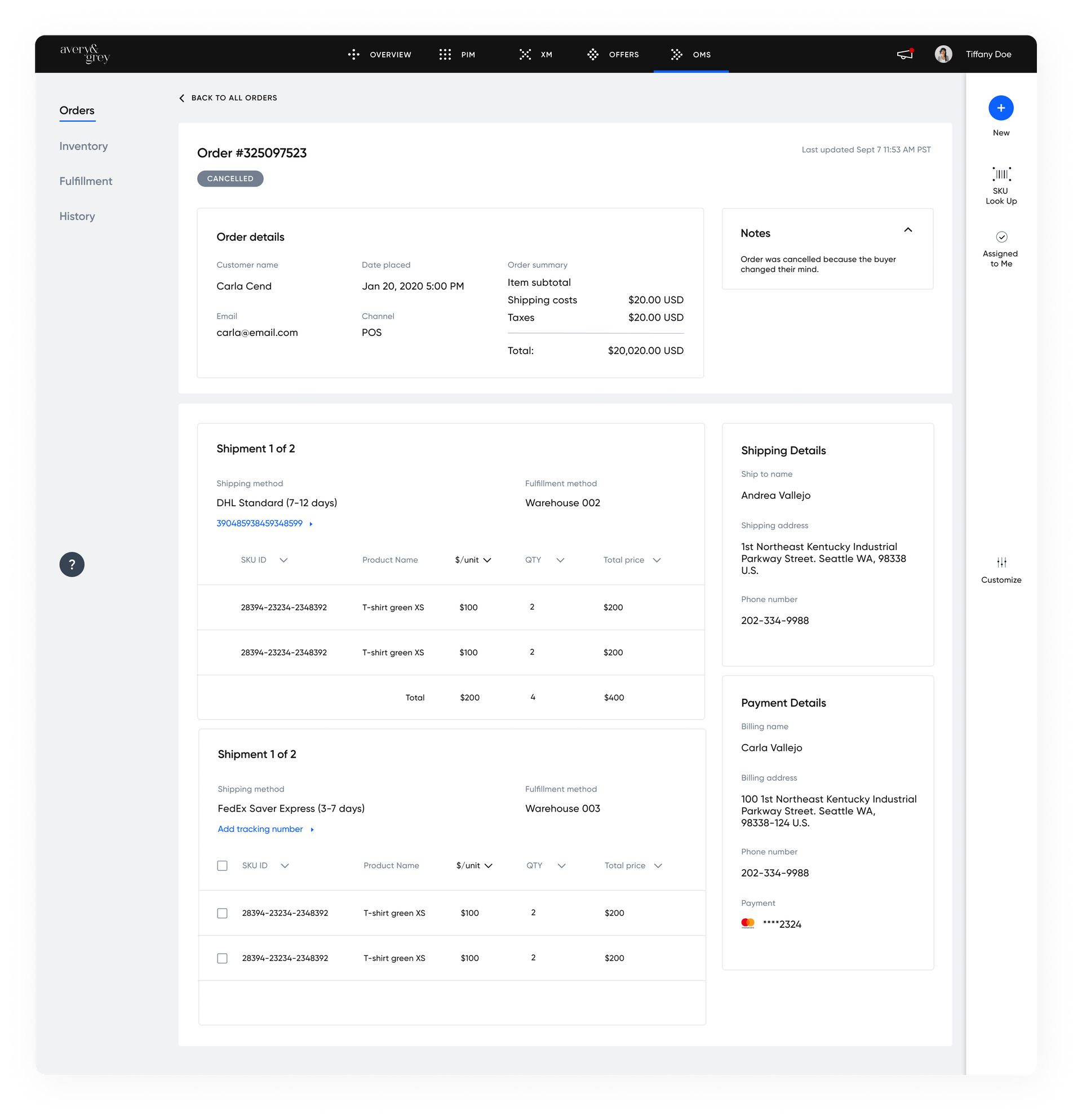What Is Kibo Order Management and Its OMS Alternatives?

Kibo order management is a modern order management system (OMS) part of the variety of cutting-edge technology offered by Kibo Commerce. Kibo order management unifies omnichannel order management and provides retailers with an easy-to-use platform that lets them adapt to evolving business needs.
Vista Equity Partners recognized the need for a unified commerce solution to serve mid-tier merchants and set up a team of three experts to help launch Kibo in 2015. To help fulfill its goals in promoting unified commerce, Kibo acquired Monetate and Certona in 2019 to strengthen its personalization engine.
The flexibility and omnichannel capabilities of Kibo order management are powered by modern headless architecture. A study found that online retailers that revamped their website using the headless approach saw a 35% boost in organic traffic. Headless commerce isn’t just a trend. It’s what will make e-commerce brands relevant in the coming years.
[toc-embed headline=”Kibo Order Management Overview”]
Kibo Order Management Overview
Advantages of Kibo order management
Modern OMS comes with an extensive feature set that makes order fulfillment easier and faster. Kibo order management utilizes this and more. Its cloud-based platform tracks inventory across the entire lifecycle, helping retailers provide the right products in the correct quantity while avoiding overstocking and understocking.
With its headless architecture, Kibo offers a user-friendly interface that lets you fulfill orders and complete sales from anywhere. Any member of your team, from store associates to customer service, can navigate the easy-to-use tools. Plus, you can quickly add or onboard new users without technical support.
Unlike traditional monolithic platforms, Kibo order management is scalable and flexible so that you can adapt to evolving business needs, market demands, and global disruptions. Kibo’s well-developed features include in-store pickups and shipping from different locations, creating a seamless customer experience. Further, you can engage with live data across all channels for comprehensive viewing.
Disadvantages of Kibo order management
While the Kibo order management interface is appealing and user-friendly, the reporting capabilities are extremely manual and take a lot of time to navigate and pull together stats for yourself. The reports are also not customizable, lacking information on the current status of your orders. That means you can’t rely on Kibo if there’s a need to customize reports for a specific department or client.
Because of its operation design, users must wait whenever they need to refresh the page. There are few documents to help a new user learn the basics because Kibo spent resources on acquisition rather than updating documents.
Furthermore, retailers often need to integrate many tools into their tech stack to deliver and meet evolving customer demands. But Kibo order management offers limited integration capabilities, which can be costly for users that integrate with a backend system or an alternate paying method.
[toc-embed headline=”Alternatives to Kibo Order Management”]
Alternatives to Kibo Order Management
Depending on the size and type of your business, there are traditional and modern alternatives to Kibo order management available today. Below is a list of the options along with their pros and cons.
Traditional alternatives to Kibo order management
- Webgility is the OMS software commonly used by QuickBooks and NetSuite retailers. Its user-friendly interface and intuitive dashboard make importing all your sales, orders, and receipt data easy. But with its impressive feature-set, Webgility doesn’t integrate well with WooCommerce and other similar e-commerce platforms.
- SAP Commerce Cloud was earlier known as Hybris. While it integrates easily with other ERP platforms, SAP Commerce Cloud lacks the flexibility and omnichannel capabilities to help meet evolving customer demands—and requires a huge cost for implementation.
- Seller Cloud provides metrics and statistics that help make quick decisions about orders or products. However, the interface is cluttered with too many irrelevant details and offers little support document to guide a new user.
Modern alternatives to Kibo order management
- Better Commerce’s bespoke platform emphasizes customer experience. Apart from OMS, it also offers PIM and website features, making it a complete business solution. However, despite its great features, it’s common to find some bugs crop, affecting order fulfillment.
- Shopify is a leading platform embracing headless architecture. But Shopify is quickly losing its relevance in recent years because it decided against a microservices-based architecture. Plus, it doesn’t offer all the flexibility and integration capabilities of a new OMS software.
- fabric OMS is a standalone order management system with an intuitive dashboard that helps e-commerce brands and retailers manage their orders in one single place. Its user-friendly interface, flexibility, and limitless integration capabilities make it a leader among other order management systems.
[toc-embed headline=”Key Takeaways”]
Key Takeaways
- Kibo Commerce’s unified commerce approach led them to create an OMS that unites omnichannel order management and adapts to growing business needs.
- Despite its extensive feature set and headless architecture, Kibo’s order management reporting capabilities are manual and not customizable.
- Several traditional and modern alternatives make up for the shortcomings of Kibo order management and offer greater flexibility.
- fabric OMS has an intuitive dashboard and limitless integrations to help streamline order fulfillment, letting retailers gain more loyal customers.

Tech advocate and writer @ fabric.

